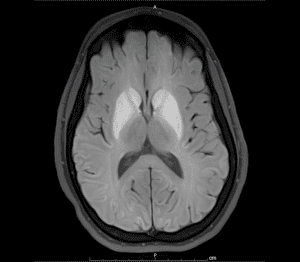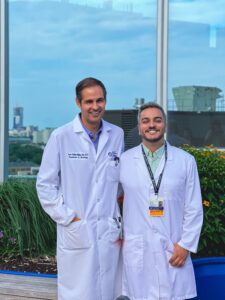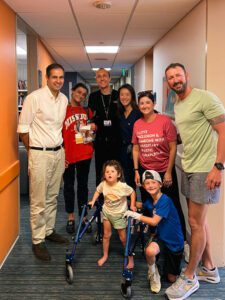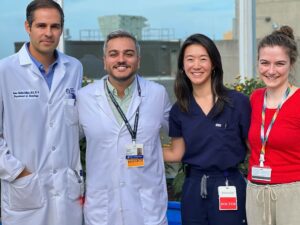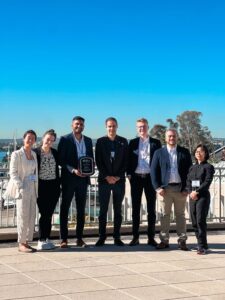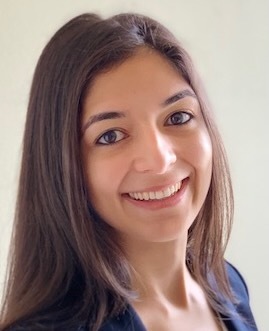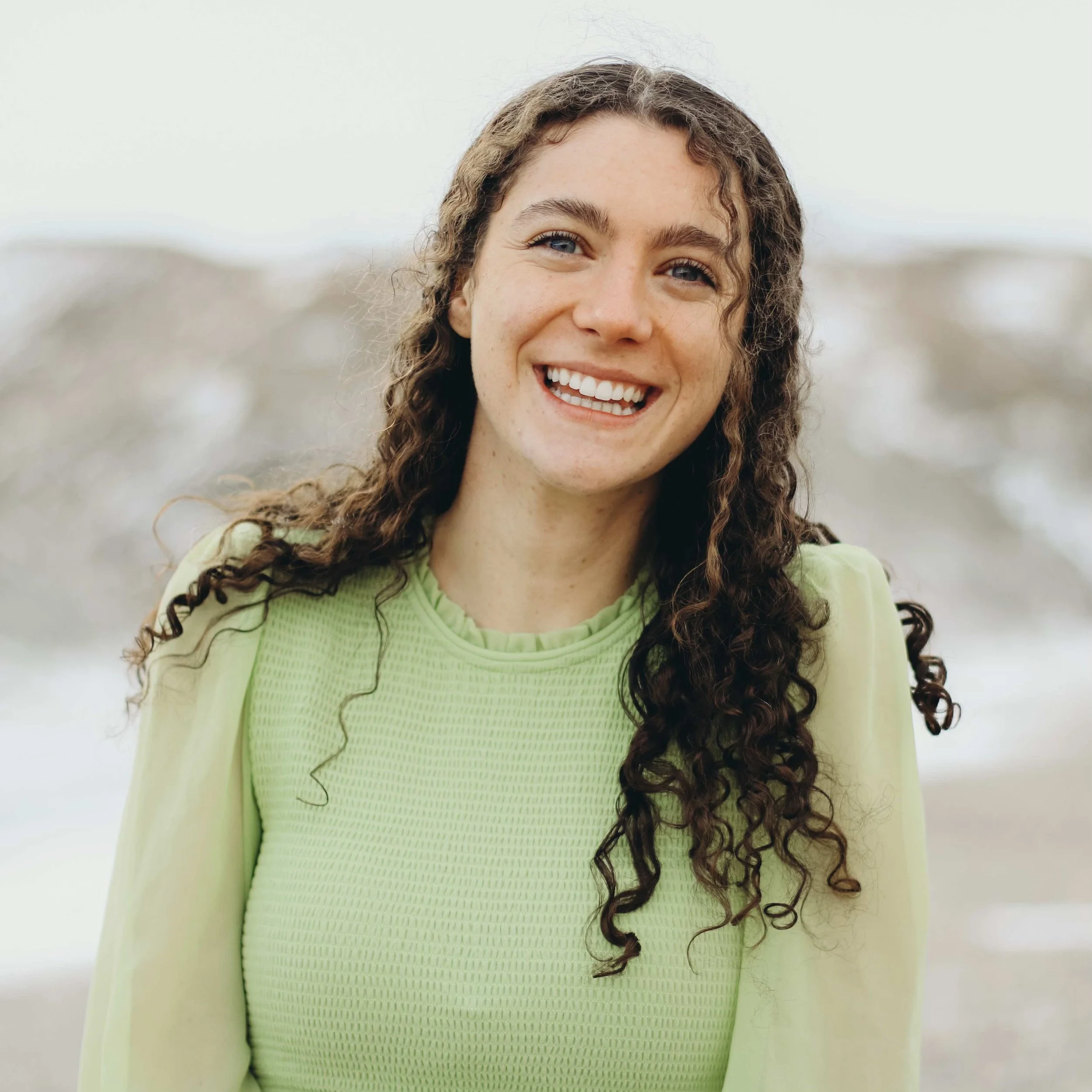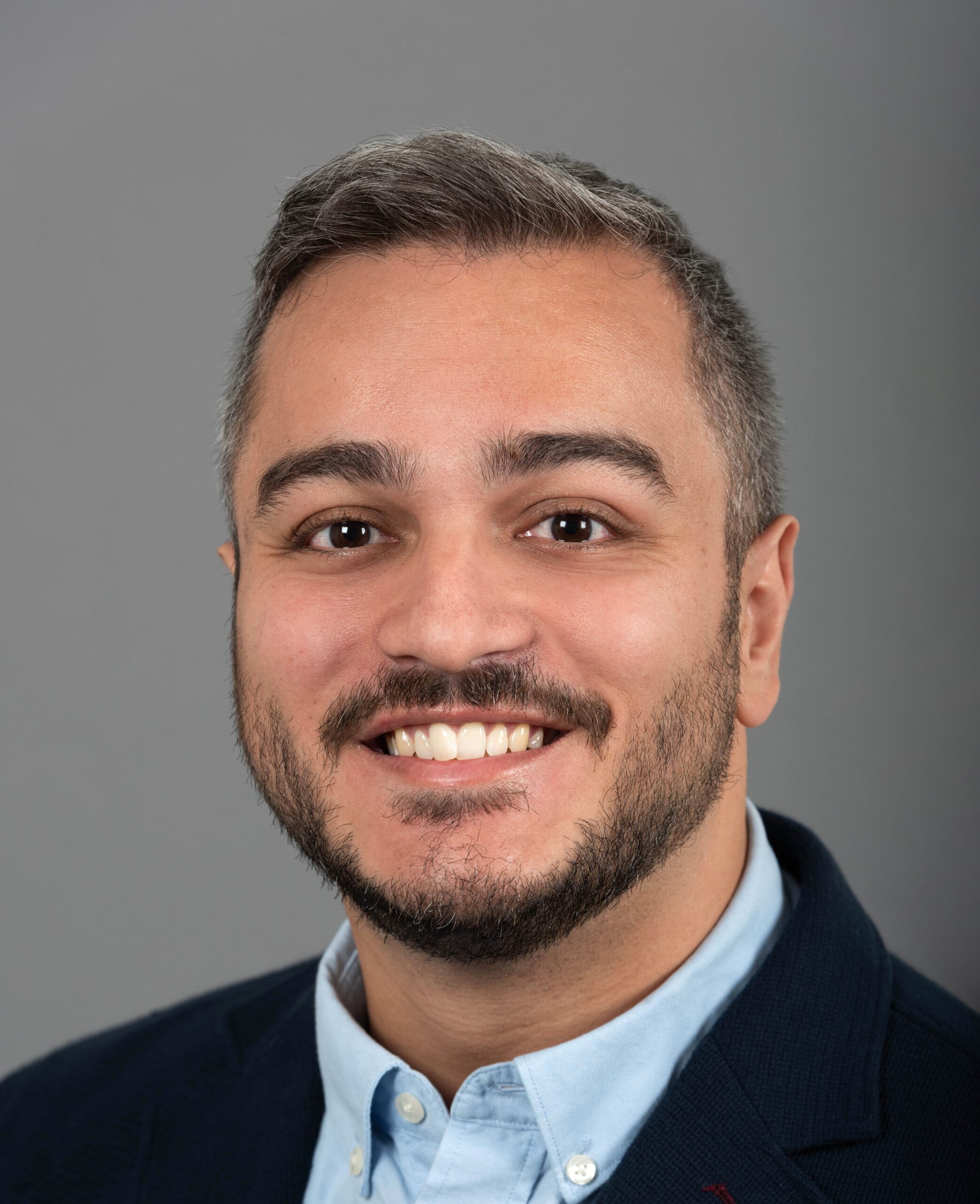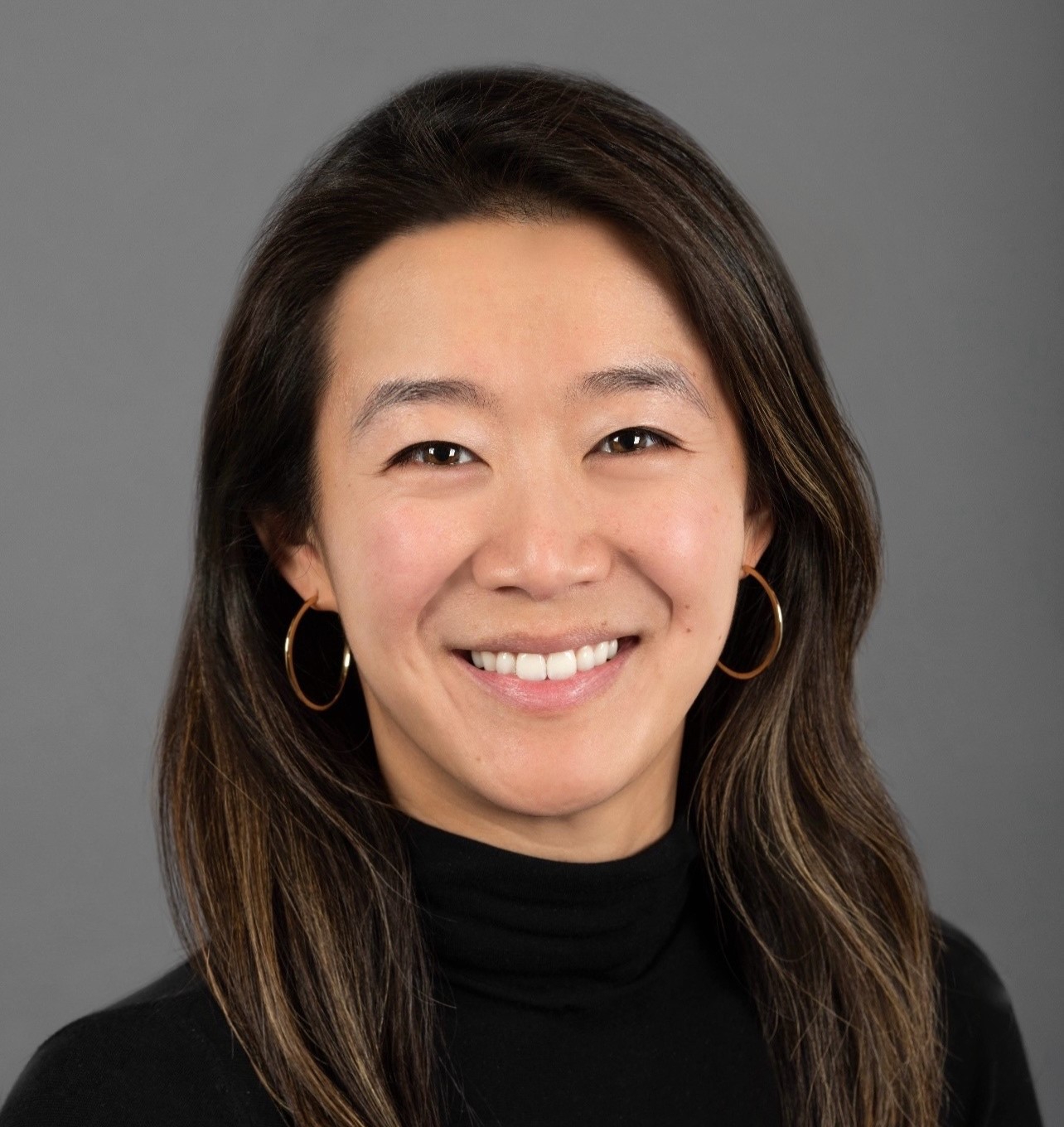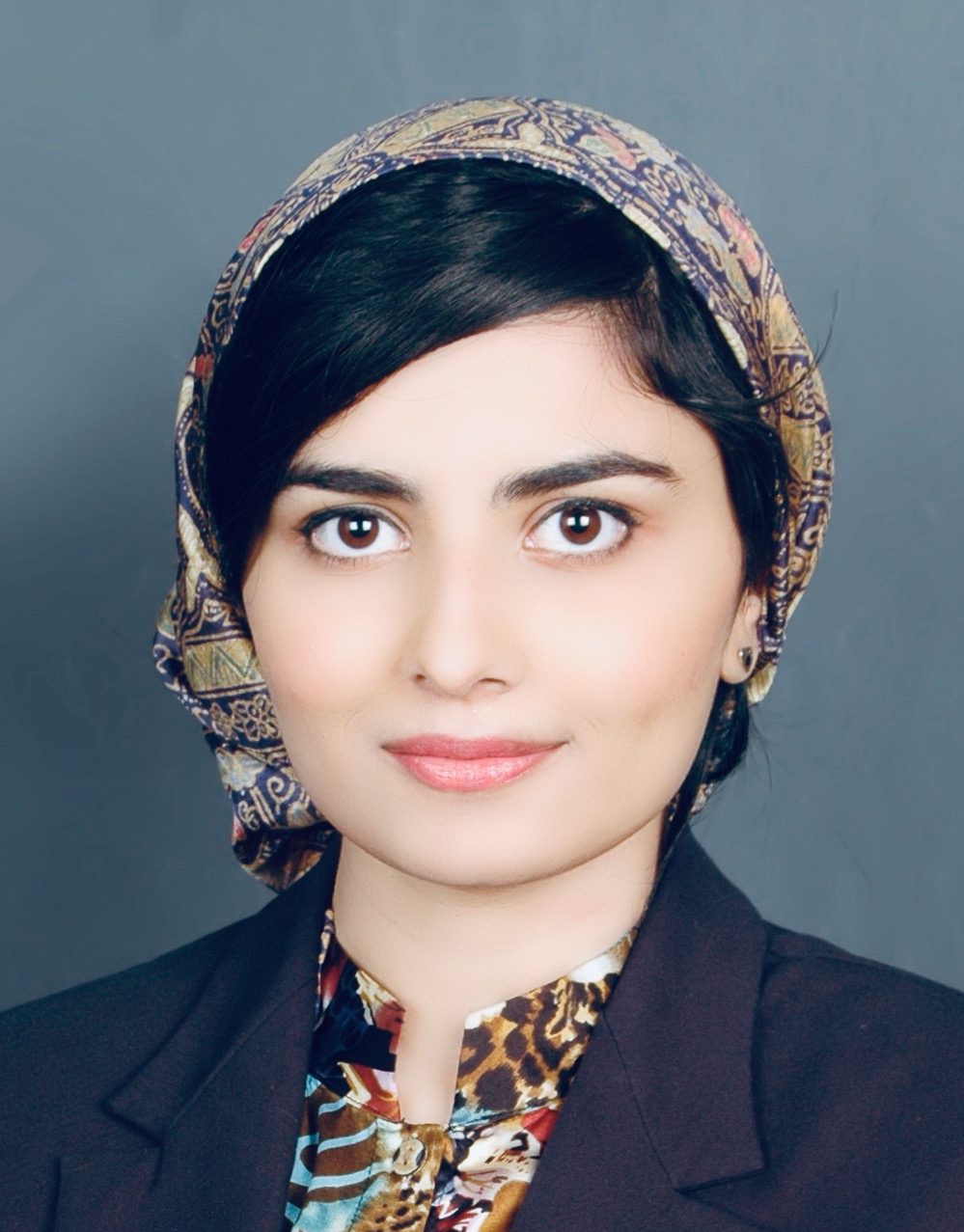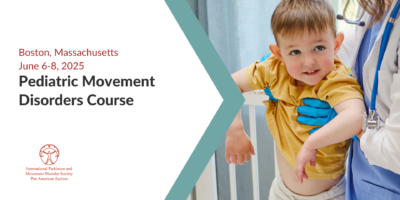Movement Disorders Program
Dr. Ebrahimi-Fakhari directs the Movement Disorders Program at Boston Children’s Hospital. The team at the Movement Disorders Program provides specialty care for infants, children, and adolescents with genetic and acquired movement disorders. The team includes neurologists with special training in movement disorders, genetic counselors, physical and occupational therapists, and social workers. We work together to develop a treatment plan that meets every child’s unique needs and maximizes quality of life.
The treatment portfolio also includes specialized procedures, such as the treatment of spasticity and dystonia with botulinum toxin injections, and the treatment of dystonia and other hyperkinetic movement disorders with Deep Brain Stimulation (DBS). As part of our commitment to advancing DBS treatment globally, we have made DBSMatchMaker – a collaborative platform connecting clinicians to share expertise in treating pediatric movement disorder with DBS.
Specialists in the Movement Disorders Program lead several research programs and clinical trials that work synergistically with our clinical care. We collaborate closely with clinicians and researchers across North America and internationally.
Educational Resources
Elective Rotations in Our Movement Disorders Program
Our program offers a limited number of short-term elective rotations to child neurology trainees, movement disorders fellows, and faculty from the United States and abroad. Rotations vary in duration and follow a structured didactic curriculum. Participants have the status of Observers and are registered with the Graduate Medical Education (GME) Office and the Department of Neurology at Boston Children’s Hospital.
All rotations are contingent upon securing sufficient self-funding and meeting the requirements for clinical observers at Boston Children’s Hospital, including completion of occupational health screening.
For inquiries about elective rotations with our program, please contact: movement.disorders@childrens.harvard.edu.
Alumni from our elective rotation program are listed below:
| Year | Name - Institution |
|---|---|
| 2025 | Giovana Ribeiro, MD; UNICAMP, Campinas, Brazil |
| 2025 | Nina Wilpert, MD, PhD; Berlin Charité, Germany |
| 2025 | Paulo Cataniag, MD; Makati Medical Center, Phillipines |
| 2025 | Veronica Altamiro, MD; University of Iowa, IA |
| 2025 | Asif Doja, MD; Children’s Hospital of Eastern Ontario, Canada |
| 2025 | Dimitrios I Zafeiriou, MD, PhD; Aristotle University of Thessaloniki, Greece |
| 2024 | Lindsey Vogt, MD; The Hospital for Sick Children, University of Toronto, Canada |
| 2024 | Dakota Peacock, MD; University of British Columbia, Canada |
| 2024 | Rebecca Lindsay, MD; University of Alberta, Canada |
| 2024 | Alexandra Lewinsky DeArias, DO; Yale School of Medicine, CT |
MDS-PAS Pediatric Movement Disorders Conference
The field of Pediatric Movement Disorders is advancing rapidly, driven by significant breakthroughs in genomics, gene therapy, and neuromodulation. These developments present unparalleled opportunities to enhance care for children affected by movement disorders. The first MDS-PAS Pediatric Movement Disorders Course will provide a state-of-the-art review of current practices, controversies, and active areas of research in pediatric movement disorders.
https://education.movementdisorders.org/Detail/909/MDS-PAS-Pediatric-Movement-Disorders-Conference
Multi-Institutional Pediatric Movement Seminar Series 2025-2026
This seminar series is organized between the Pediatric Movement Disorders Programs at Boston
Children’s Hospital in Boston, the Hospital for Sick Children in Toronto, Children’s National Medical Center
in Washington, D.C., Children’s Hospital of Philadelphia, and University of Rochester Medical Center.
| Date | Speaker | Topic |
|---|---|---|
| 9/4/25 | Carolina Gorodetsky, MD (SickKids); Laura Tochen, MD (Children’s National); Darius Ebrahimi-Fakhari, MD, PhD (BCH) | Introduction to the classification and phenomenology of childhood-onset movement disorders |
| 9/11/25 | Carolina Gorodetsky, MD; Laura Tochen, MD; Darius Ebrahimi-Fakhari, MD, PhD | Introduction to symptomatic management of childhood-onset movement disorders |
| 9/18/25 | Lindsey Vogt, MD (The Hospital for Sick Children) | Management of status dystonicus |
| 9/25/25 | Carolina Gorodetsky, MD (The Hospital for Sick Children) | Introduction to deep brain stimulation |
| 10/2/25 | Angela Hewitt, MD (University of Rochester Medical Center) | Childhood onset dystonia |
| 10/16/25 | Boston Children’s Hospital Fellow | Fellow case presentation |
| 10/23/25 | Kinga Tomczak, MD (Boston Children’s Hospital) | Approach to Tics and Tourette Syndrome |
| 10/30/25 | Tamara Pringsheim, MD, FRCPC (University of Calgary) | Pharmacotherapy in Tics and Tourette Syndrome |
| 11/06/25 | Alexander Münchau, MD (University of Lübeck) | An overview on the paroxysmal dyskinesias |
| 11/13/25 | Kathryn Yang, MBChB, FRCPC (Boston Children’s Hospital) | Overview of ADCY5-related disorder |
| 11/20/25 | Dario Ortigoza-Escobar, MD, PhD (Hospital Sant Joan de Déu) | Overview of GNAO1-related disorder and current relevant research |
| 12/4/25 | Darius Ebrahimi-Fakhari, MD, PhD (Boston Children’s Hospital) | Epilepsy-dyskinesia syndromes |
| 1/15/26 | Alonso Zea Vera, MD (Children’s Hospital of Philadelphia) | Case presentation |
| 1/22/26 | LiFang Dai, MD (Beijing Children’s Hospital) | Overview of KMT2B and current relevant research |
| 1/29/26 | Hospital for Sick Children Fellow | Fellow case presentation |
| 2/12/26 | Belén Pérez Dueñas, MD (Hospital Vall d’Hebrón) | Overview of myoclonus-dystonia syndrome |
| 2/19/26 | University of Rochester Fellow | Fellow case presentation |
| 2/26/26 | Jennifer Friedman, MD (University of California San Diego) | Overview of neurotransmitter disorders |
| 3/5/26 | Boston Children’s Hospital Fellow | Fellow case presentation |
| 3/12/26 | Jonathan Mink, MD (University of Rochester Medical Center) | Transient and developmental movement disorders |
| 3/19/26 | Laura Tochen, MD (Children’s National Hospital) | Case presentation |
| 3/26/26 | Jean-Pierre Lin, MD, PhD (Evelina London Children’s Hospital) | DBS in cerebral palsy and secondary dystonia |
| 4/2/26 | Hospital for Sick Children Fellow | Fellow case presentation |
| 4/9/26 | Wes Northam, MD (Boston Children’s Hospital) | An approach to surgical management of spasticity |
| 4/30/26 | Leon Dure, MD (Children’s Hospital of Alabama) | Movement disorders in juvenile Huntington’s disease |
| 5/7/26 | Jenny Wilson, MD (Oregon Health & Science University) | Palliative care in movement disorders (4 pm EST) |
| 5/14/26 | Alonso Zea Vera, MD (Children’s Hospital of Philadelphia) | Case presentation |
| 5/21/26 | Ludy Shih, MD (Beth Israel Deaconess Medical Center) | Approach to tremor |
| 6/4/26 | Maria-Roser Pons, MD (Agia Sofia Hospital, University of Athens) | Overview of juvenile Parkinsonism |
| 6/11/26 | University of Rochester Fellow | Fellow case presentation |
| 6/18/26 | Lisette Koens, MD (University Medical Center Groningen) | Myoclonus in pediatric movement disorders |
| 6/25/26 | Shekeeb Mohammad, MD (University of Sydney) | Autoimmune-Mediated Movement Disorders (4 pm EST) |
2025-2026 season talks:
DBSMatchmaker
An Innovative Platform for Global Collaboration in Pediatric Movement Disorders
The Challenge
Rare genetic movement disorders are complex and often affect children, presenting significant clinical challenges. Many conditions are ultra-rare, affecting fewer than 100 individuals worldwide. While DBS has shown promising results across an expanding range of monogenic conditions, clinicians often lack comprehensive insights due to limited experience with these rare disorders.
How DBSMatchMaker Works
- Submit Cases: Clinicians submit DBS cases through our secure REDCap platform, including genetic and treatment details.
- Find Matches: Our team reviews submissions and connects centers treating similar genetic conditions.
- Collaborate: Connected centers share experiences and insights to optimize treatment approaches.
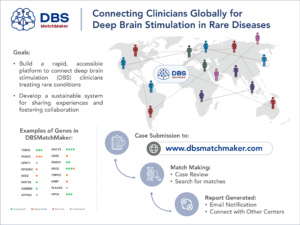
Join Our Network
Are you a clinician treating rare diseases with DBS? Join our network now:
Access DBSMatchMaker Portal
Contact
For more information about DBSMatchMaker, please contact:
movementdisorders@childrens.harvard.edu


